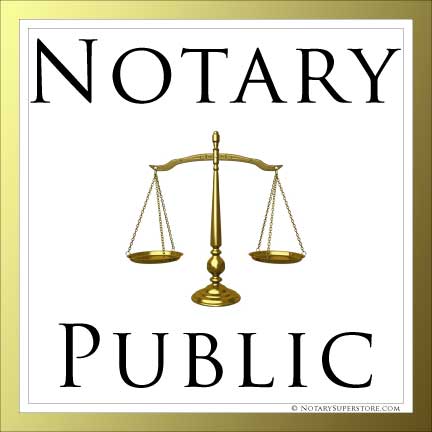DIRCO Regulations Demystified: A Overview to Diplomatic Protocol
DIRCO Regulations Demystified: A Overview to Diplomatic Protocol
Blog Article
Demystifying Notarial Job: Simplifying the Role and Value of Notaries
In the elaborate internet of legal paperwork and confirmation, notaries stand as columns of assurance and authenticity. Their role, frequently shrouded in mystery for several, carries significant weight in guaranteeing the validity and stability of vital files. As guardians of legitimacy and fact, notaries play a pivotal part in our culture, yet their work is not constantly fully understood. By unraveling the intricacies losing and bordering notarial techniques light on the relevance of their acts, a more clear understanding arises of the essential role notaries play in supporting the fabric of contractual and lawful contracts.
The Background of Notarial Job
How did notarial work progress gradually to end up being an important part of lawful and company purchases? The background of notarial job go back to old worlds, where scribes played an important role in videotaping crucial information and confirming records. As societies proceeded, the need for a much more formalized system to make certain the credibility of agreements arose. This brought about the advancement of notaries, people assigned by the state to function as impartial witnesses in legal issues.
During the Center Ages, notaries acquired prestige in Europe, with their features expanding to include composing legal records, licensing trademarks, and preserving documents. The surge of global profession even more stressed the importance of notarial operate in validating agreements and agreements across borders.
In the modern-day age, notaries proceed to play an important function in legal and company transactions by confirming identifications, confirming the authenticity of papers, and protecting against fraudulence. Their role in certifying the validity of contracts includes a layer of security and count on to the ever-evolving landscape of commerce and legislation.

Responsibilities and Obligations of Notaries
The historical development of notarial work from ancient human beings to the modern era has actually shaped the distinct responsibilities and obligations that notaries support in legal and service deals today. Notaries play a vital function in confirming the authenticity of records and the identification of signatures. One of their main responsibilities is to witness the finalizing of crucial files, such as deeds, wills, and contracts, to make certain that all events are getting in right into contracts purposefully and willingly. Notaries also verify that signatories are of audio mind and not under duress or threat.
Moreover, notaries are tasked with providing vows and affirmations, which are essential in legal process and the execution of sworn statements. They license duplicates of initial records, offering guarantee to establishments that the copies hold true reproductions of the originals. Notaries should preserve precise documents of all purchases they manage to ensure transparency and responsibility. On the whole, the obligations and obligations of notaries are important in protecting the integrity and validity of various files and purchases.
Notarial Certificates and Signatures
Exemplifying thorough attention to detail, notarial certifications and trademarks serve as essential parts in validating the credibility of legal files. Notarial certificates normally include essential info such as the date of registration, the names of the signatories, a description of the record, and the notary's official seal. These certificates provide a clear document of the notarial act, making certain that the file can be quickly determined and traced back to the notary that oversaw the procedure.
Signatures play a crucial role in notarial work, as they indicate the contract and consent of the parties involved. Notaries meticulously witness the signing of records to address confirm the identity of the signatories and verify that they are authorizing of their own free choice. By attaching their main seal and signature to the document, notaries certify that the essential procedures have been adhered to which the document is legitimate and enforceable.
Basically, notarial certificates and signatures are the hallmark of authenticity in legal purchases, providing guarantee to all parties involved that the documents are legit and binding.
Importance of Notarial Acts

Notarization Process Explained
The notarization process commonly begins with the individual providing the file to a notary public. Once the identification is verified, the notary makes certain that the specific signing the document does so voluntarily and without any kind of browbeating.

Final Thought

Notarial certificates typically contain essential information such as the day of registration, the names of the signatures, a summary of the file, and the notary's official seal. These certifications give a clear document of the discover this notarial act, ensuring that the paper can be quickly identified and mapped back to the notary that supervised the procedure.
By attaching their official seal and signature to the record, notaries license that the needed treatments have been followed and that the record is enforceable and valid.
By confirming the identification of the notaries, validating their readiness to enter right into the agreement, and certifying the date and location of the signing, notaries play a crucial duty in maintaining the credibility of lawful documents.After the record is signed, the notary will certainly affix their official seal or stamp onto the document.
Report this page